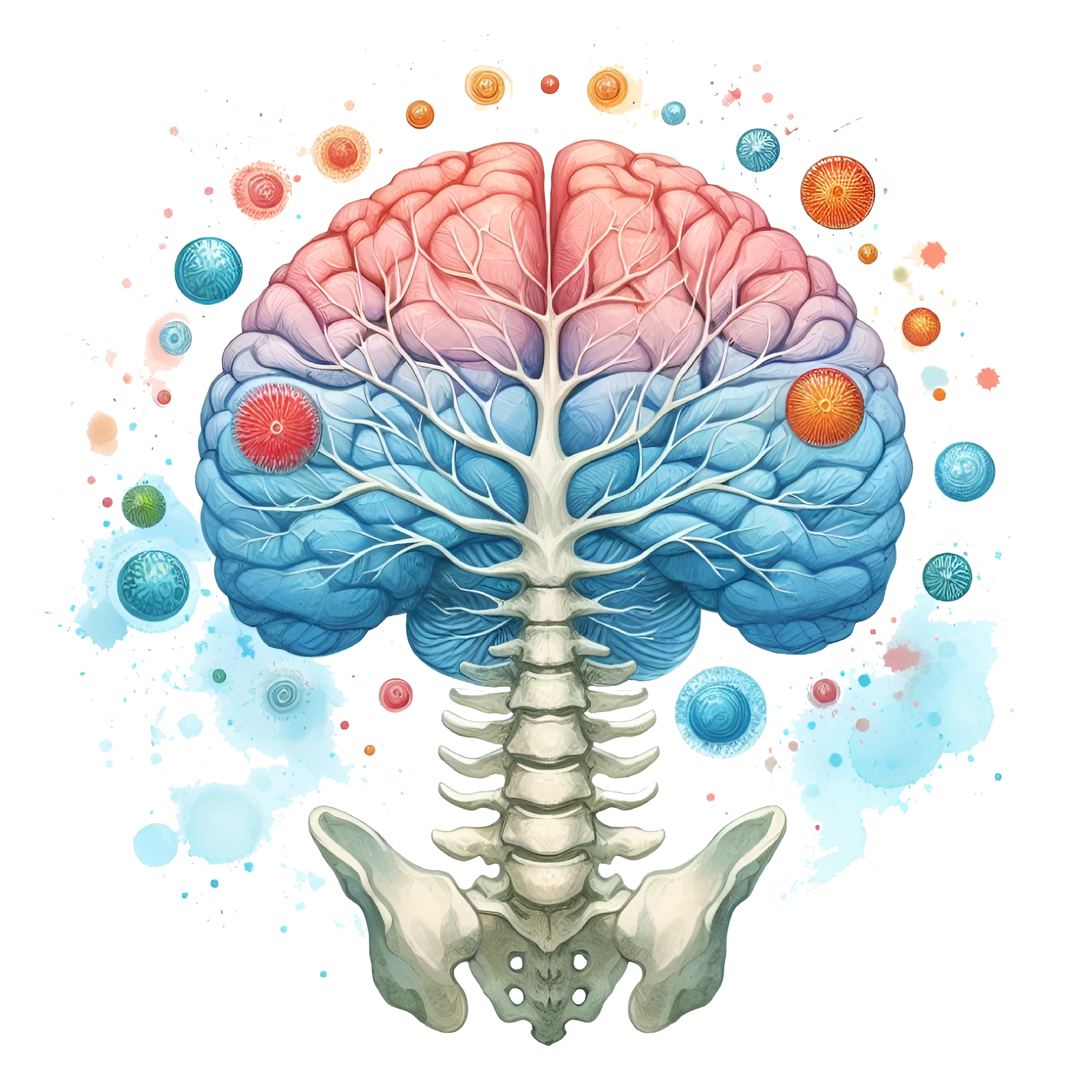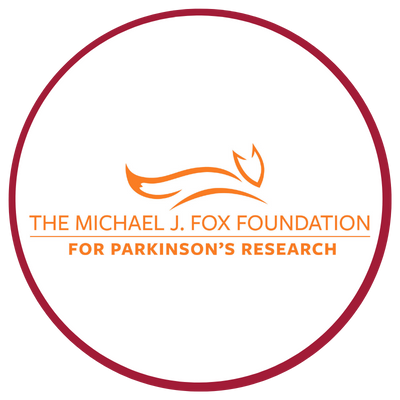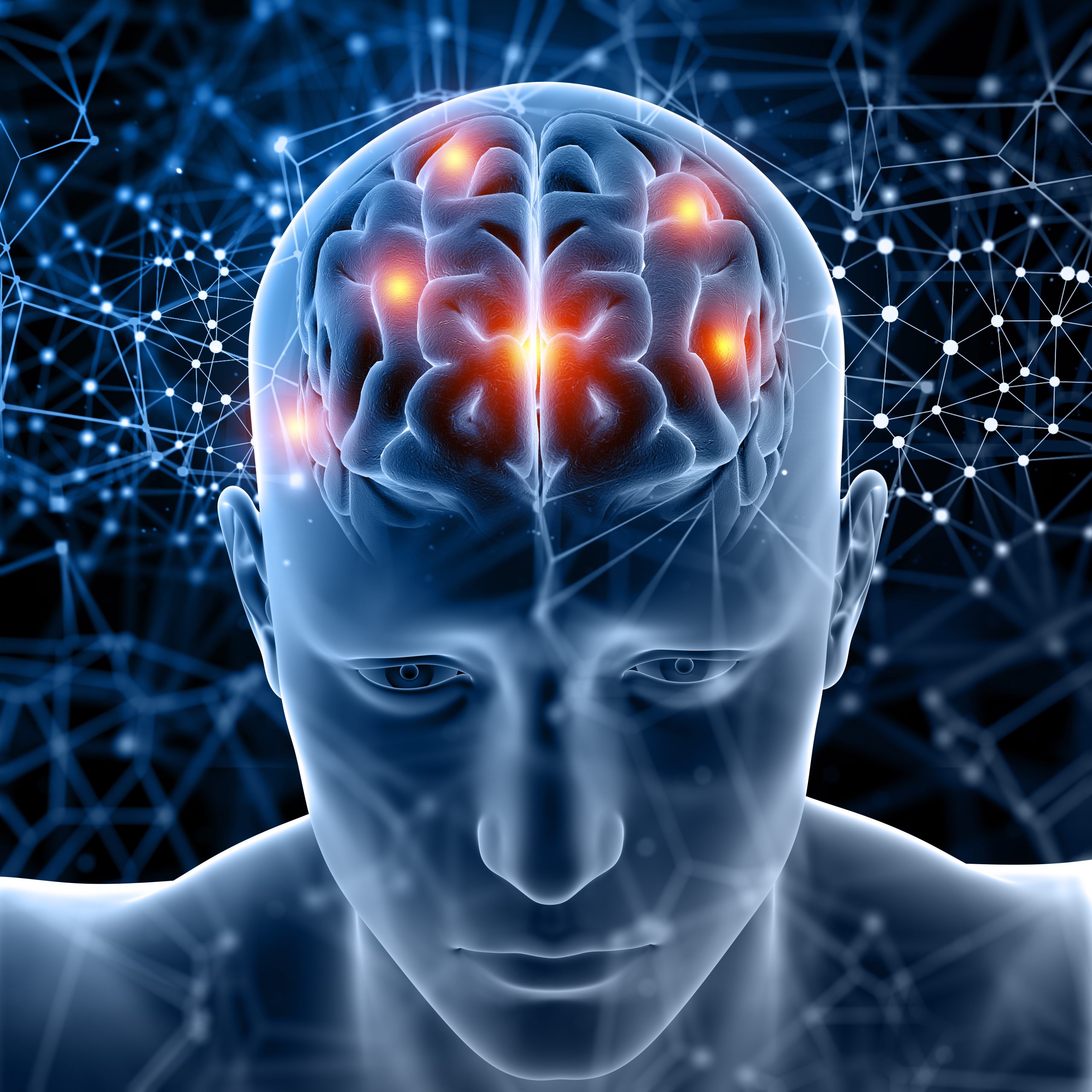

My name is Geoff, I am a regular plain white tee shirt kind of guy, nothing special, in my middle ages (not FROM the Middle Ages, thank you !) and my professional background is in the aerospace industry, mainly in leadership roles in Customer Service. And guess what?, most of the time, people that don’t know me would not have any idea that I have PD, unless I am having one of my “wobbly days”, wherein my right leg and right arm are weak and want to do their own thing, and on those days I use a cane for support.
I am definitely not a medical professional, so, please do not use this guide as a primary or definitive treatment of care plan, please always seek the services of a good Neurologist, preferably one that specializes, or at least has experience with, working with people with PD, and coordinate with your primary care Doctor and other professionals that will be part of your evolving care plan.
I want to help people, there’s nothing more to it than that. I started experiencing some of the more classic and recognized symptoms of PD, such as a trembling right hand, less facial expression, apathy, memory impairment etc., but the most troubling and disruptive aspects of my PD journey so far have been cognitive. My formal diagnosis of having PD, after many months of different tests was in Fall 2022. I was not surprised at the diagnosis, although there is no history of PD in my Family, but my Aunty passed at an early age due to Multiple Sclerosis, which is not the same as PD at all, but has some common pathology and symptoms. Of course, I had many questions, and I am fortunate to have one of the most thorough, caring and funny and “tough love” Neurologists out there, she is wonderful.
But, there are no black and white answers for PD, and each individual will have different experiences, progression rates, etc. I found that, at least in the 2 geographic areas I have lived in since my diagnosis, there really is not much real-life non-medical support. There seemed to be quite a few support groups for people with Alzheimer’s Disease, and for the relatives of people with that disease, but not much for people with PD, especially in the early stages of the disease. I wanted to share my experiences to help others so that they are not alone, they don’t have to be alone in this journey, and I have been guided and found ways that really help me – I want you to have that knowledge so you can try them if you wish.
I sincerely hope that you have been seeing a qualified Neurologist and that after multiple clinical tests, it is them that has advised you of your diagnosis, and that you have not come to that conclusion by yourself by doing internet searches for root causes of various symptoms you may have been experiencing. If you have not been formally evaluated by a medical professional, please do so. Let’s be honest with each other, if we jump on the internet and look for medical symptoms, causes and definitions by ourselves, we are likely to come away depressed, confused, misinformed and inevitably we will all have only 12 hours to live; yes, I am being silly with that last statement, it is not true at all, but if you have ever done a Dr. Internet symptom/disease search, we know we can all find something we or our relatives will latch onto that could be completely wrong.
PD is a progressive degenerative neurological disease, that can occur to anyone at any age without any specific trigger. It is generally associated with older people, and yes, it is often associated with trembling limbs, shuffling walks, and more visible symptoms. PD is generally accepted by the medical community to be caused by a breakdown of the normal dopamine production and transmission pathways in the brain. PD in and of itself is definitely not a guaranteed shortened lifespan; PD is often accompanied by conditions such as depression. PD in and of itself is not a mental illness – you are NOT crazy (well, sometimes I am, but not because of PD !).
Beyond the standard medical treatments and medications, primarily those that can improve dopamine production, as well as separate medications if you do suffer from depression, difficulty sleeping, etc., there are MANY things you can do to help yourself. For the tools and exercises that I use, I have to make a conscious point of adopting them as a new lifestyle. Think of these methods the same way you would approach a diet – losing weight is usually a lifestyle change if you want the results to stick – you can’t run once around the running track, swap one steak meal for a steak salad and go the gym once and expect to lose 10 lbs and keep it off; if you have been able to do that, please tell me how, I am seriously interested.

Some of these are simply good health and common sense, but if you have been delinquent in the past on the basics, NOW is the time to take it seriously, OK ?

At this first heading, some of you are rolling your eyes and thinking to yourself “yes Geoff, I know that, I’ve been doing it all my life”. Good. Keep doing it. The PD, and the lower dopamine levels are likely going to have an impact on your motivation levels for many things, including your exercise routine. You will have to make more of a conscious effort sometimes to do your exercise routine. Remember, I am focusing in this mini guide on the cognitive aspects of PD, not the motor skills; you may need special physical therapy already, your medical professional should be guiding you in this regard if that is the case.
My preferred exercise regime has always been working out with weights at the gym. My motivation to get off my behind and get to the gym is slowly reducing, I have to make myself get out of the door and go to the gym, but it is essential that I do. Your body releases many good chemicals and hormones when you exercise it properly and regularly, these can help with the slowing of PD progression too, as long as you are consistent. I have noticed that I cannot move as much weight at the gym as I used to, I am not quite as strong, and it used to annoy me and it would be easy to say “to heck with it then”, but don’t do this, keep going. If you need to lower your weights, do it, but try to keep the number of reps up. But be safe, most people in the gym are more than willing to spot/support you on an exercise, so don’t be afraid to ask for help, do not risk injuring yourself.
The other exercise I do is really simple – walk ! But, as long as you are physically able and stable, make that walk count. Get your heart rate up, try to walk those magical 10,000 steps per day if you can, and my strategy is to make at least 7,000 of those steps occur in one dedicated walking session. Again, the chemicals and hormones released benefit your body every time and can help your body slow the PD progression. Ideally, I try to do this at least 5 days per week. If you can’t do that, at least get a 30 minute dedicated walk into your day, 4 times per week is my suggestion. Again, only you if you are able, stable, and have no other health conditions that prevent this.
Any aerobic exercise such as walking, swimming, strength training is beneficial. Also, make sure you do exercise that helps with your flexibility, try some yoga for example. Put a physical exercise routine into your calendar and stick to it, move it only if you have to, but I said move it, not skip it.

“Oh Geoff, come on man, we know this already”. Good. But, lots of people know it and don’t do it, PD or no PD. I am not a nutritionist, but I know the basics, even if I still sometimes give into my cookie cravings.
If you don’t already have the good nutrition basics as a fundamental way of life, now is the time to sort it out. You need to have a good balance of fiber, protein, carbohydrates and healthy fats.
Your brain needs the glucose from carbohydrates to function properly, but there are many sources of carbohydrates. When I consume an entire packet of cookies in one go (sorry honey, yes, that does still happen, when you are not looking), you are putting a lot of carbs into your system, in fact you are creating a large but short lasting spike in glucose, this is not what you need. You need more complex carbohydrates that break down slowly and have a more stable effect on glucose and insulin production, so your brain has a steady, balanced supply.
I needed to keep those cookies out of the house, and the complex carbs are found in things like brown rice, whole grains, starchy vegetables such as sweet potatoes, corn, and, thank goodness, most fruits. Fruit is now at the top of my shopping list. The carb haters of the world will be horrified to hear this because, yes, fruit has its own version of sugar, but this is good energy, and a much better carb than processed foods, breads, cookies, etc. For me personally, fruit is a gift, because it has carbs, but also fiber, and it is sweet – I love sweet things. My body is able to consume a lot of fruit without putting on weight, but, not everyone is like that, but everyone should be eating at least some fruit if they are not already.
I usually start my day with a home-made smoothie, which includes kale (yup, you heard me, that stuff), spinach, some berries (blueberries, blackberries, raspberries), low fat plain yogurt, sometimes some good quality protein powder, especially if it is a gym day, of course ice cubes, and you can always include some milk and even a small tub of the ultra low calorie Jello to get the sweetness and consistency you prefer.
Do eat healthy fats and consider some supplements (with the concurrence of your medical professional) such as an anti-oxidant, some Vitamin D and omega-3 fatty acids.
The rest is common sense for diet – a good mix of fresh vegetables, proteins of your choice, fish and chicken are my standards, and the complex carbs I mentioned above. You can obtain all kinds of diet suggestions and plans on the internet, but make sure they are not extreme or fad diets. A Mediterranean style diet is a good platform, I would not recommend an ultra low-carb or keto diet for myself, my body just goes into shock and survival mode, and I get “hangry”, but maybe they have worked for you in the past. If you are trying to lose weight now and you have PD, a sensible diet and exercise routine as outlined above will work, no special diet is needed, just consistency and common sense.
Do I need to mention water? I hope not. Regardless of PD, unless you have a medical condition that prevents it, you should drink at least around 64 fluid ounces (or nearly 2 liters) per day. Yes, you may have to make more bathroom trips, but you need the exercise anyway. Coffee, soda/pop, etc. do not count towards your water intake, pure water (or you can add a decent flavor powder to it if you must) is essential. Your brain and heart are comprised of approximately 2/3rd water, enough said. And the 64 fl oz guide is just that, a guide. If you are living in a hot, humid environment, you may need more than this. Also, if you are more active, or a heavy person, you will almost certainly need more than this. Again, if you have other underlying medical conditions, especially if they are related to your kidneys or heart, check with your medical professional and seek their input a good daily water intake amount.
Talking of coffee, I love my coffee and still drink it, but I do make a point of not having more than 1 cup of regular fully caffeinated coffee per day, after that it is decaf or a blend of regular and decaf. Honestly, I don’t know if PD cares either way, but too much caffeine is not a good thing usually. Remember, we are dealing with cognition here, and caffeine can affect cognition on a very short-term basis, regardless of PD, so I try not to complicate things with it.
OK, so perhaps I have bored you with some of the basics above, hopefully you are still reading though, because here are some things I do EVERYDAY to help slow the progression of PD, especially the cognitive side.
You must be under the care of a qualified medical professional, but, I can tell you that my primary medication is Carbidopa-Levodopa, 3 times per day orally and I take it at the same time each day. This medication is a typical PD medication, it helps increase the amount of dopamine in your brain, as PD patients are lacking dopamine. I have had no side effects from this medication, it does not make me feel “high” or sleepy, in fact, one of my symptoms from PD have been random and basically disabling fatigue attacks, meaning I have to lie down and sleep, sometimes for several hours. I did a clinical in-lab sleep study and sleep apnea was ruled out, you may need to do this too. Carbidopa-Levodopa has significantly helped me reduce the frequency and severity of these fatigue episodes. Your medical professional will assess your suitability for this medication, and any interactions it may have with other medications you might already be taking.

There are many sources of information about Parkinson’s on the internet, and as with everything on the internet, you need to be careful as to the source of that information and make sure it is credible. There are some organizations out there too that are a wealth of information, such as:
Another practice you can consider is the increasingly popular “Primal Movement”. In summary, this is the structured and scientifically developed practice of getting your body to move and posture the way it is designed to. Consider our modern lifestyles—long hours at desks, heads bent over phones. Do we really know how we are designed to walk and move? Primal Movement gets people back to these basics and from there you can re-train many of your basic motor skills, become more flexible, be in tune with your body and the earth. Why is this useful for people with PD?
I watched a Primal Movement class locally recently, and I could see many possible benefits for people with PD, such as increased balance, more natural movements, reduction of pain and on top of these motor skills benefits, there are also cognitive benefits because you need to actually think about even the basic movements in order for them to become really natural again, and “stick”. This means applying intent and focus on things like the angle of your feet when you are walking, the spacing between your two feet as well as stride length, and also maintaining a good posture, with correct alignment of your head, neck, shoulders and torso.
So cognitively, you are forced to do these things with consistent conscious intent, and that means moving the act of standing, walking and posture from the extrapyramidal part of your brain system to the pyramidal, which teaches the brain to bypass the area of the brain usually most affected by PD. Here is a link to the Primal Movement Coach nearest to where I live, and we will have Coach Karlee with us in podcast episode # 8, who will give much more insight and she has a lot of contagious energy too !
“Parkinson's patients are the experts on what we have. We have a responsibility as patients to share our experience — what works for us, what we respond to, what we can contribute to research.”
GEOFF
I have shared with you just the tip of the iceberg of my personal experiences, and given you some ideas that you can try, see what works for you, but remember this, PD is not the end of your life, it does not define you, you can adapt and keep on enjoying life.
Stay connected and informed. I invite you to listen to my weekly podcast where I will share more details and personal experiences of things that do and don’t work for me, let you know how I use the Parkinson Voice Project “Living with Intent” program, and I will have the occasional guest to cover some specific topics. I like to incorporate some of my dry British humor, so hopefully you will also get a couple of smiles out of each episode and if we have enough of us listening each week, maybe we can form an on-line forum for supporting each other in the future – I’m certainly willing to do this if there is a common desire. Subscribe below, I will not be sending you anything to “buy now, special offer for new subscribers”, nope, none of that, I just want to share my own journey in the hope that it will help you.
Take care, and I wish you the best in your journey.
